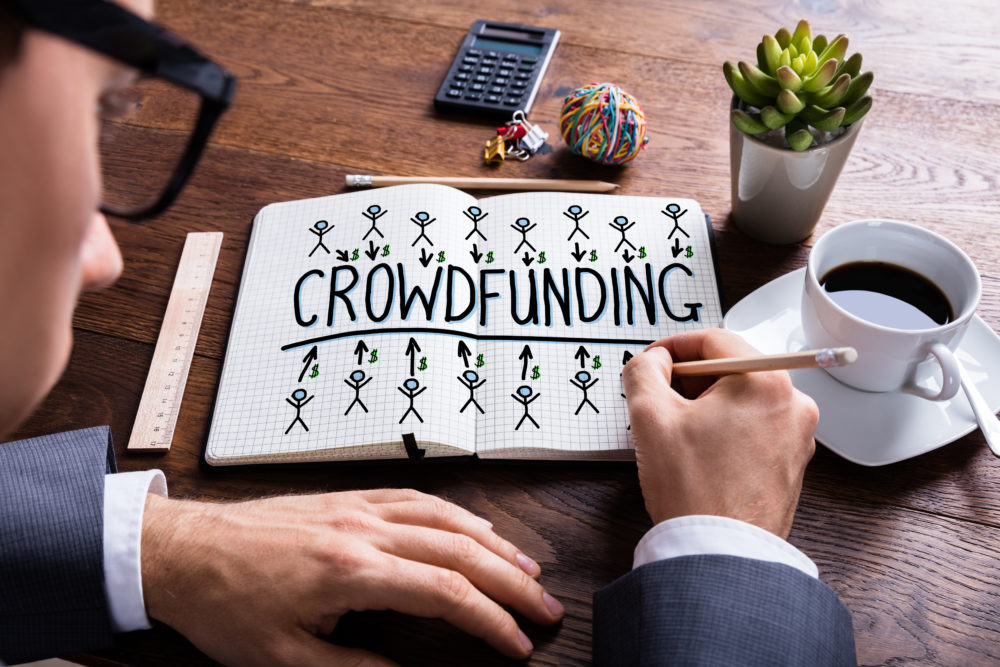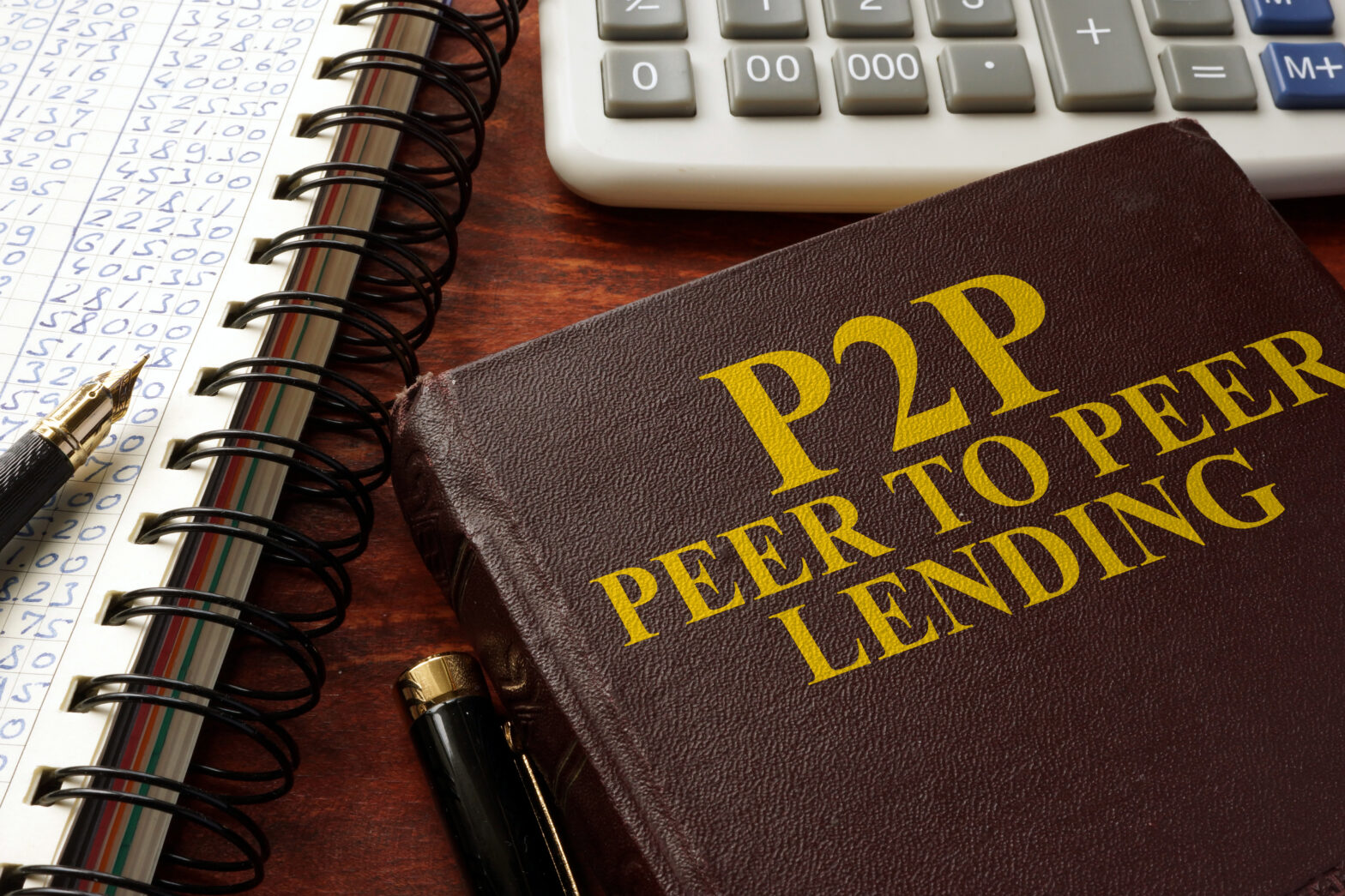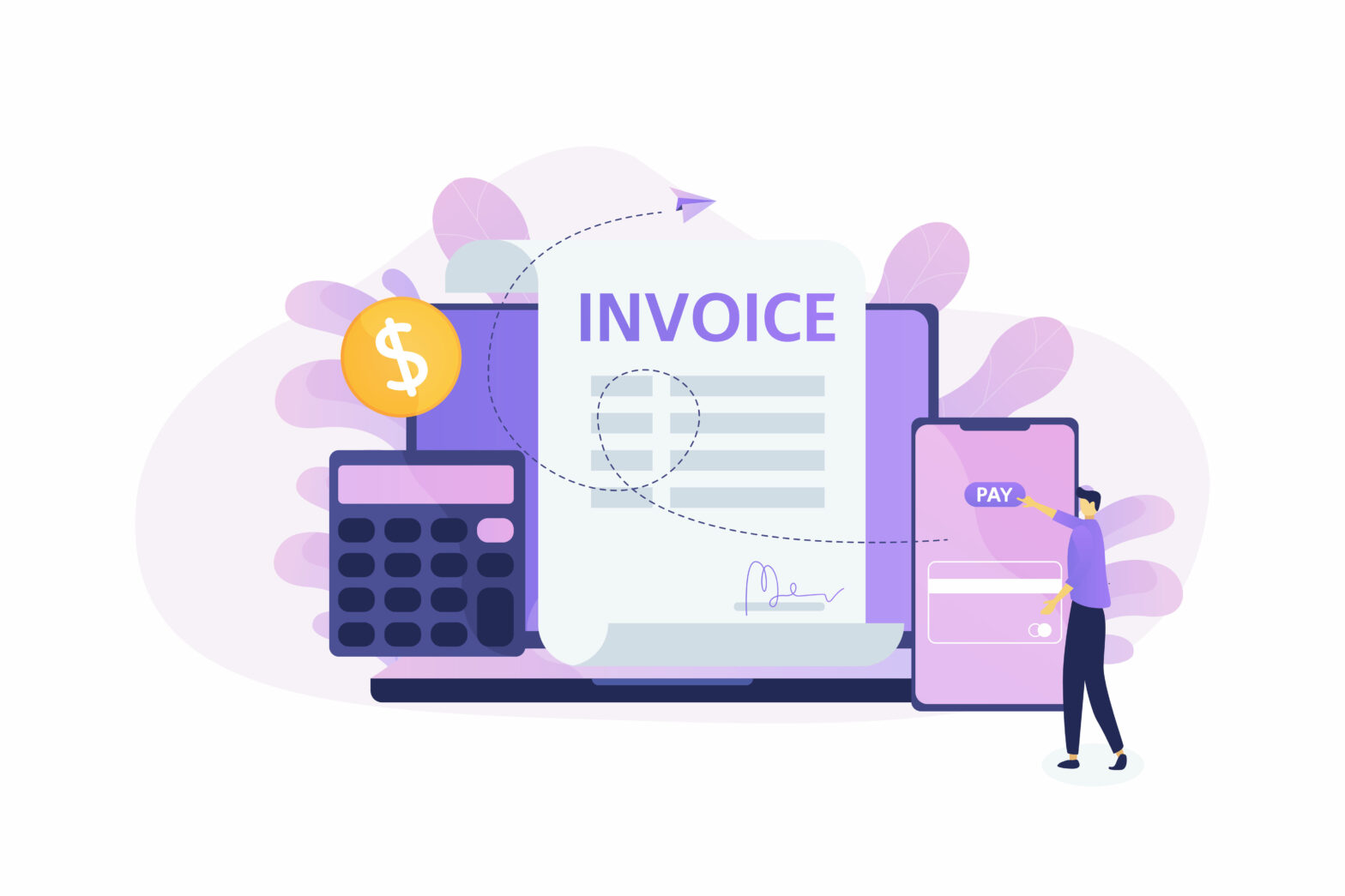We reject most applicants to Seedtribe. And it’s rarely because they aren’t good businesses. This seems harsh, but it comes down to our desire to help the companies that make the greatest impact.
Our mission is to help companies we think will have the greatest positive impact on our world while delivering great returns to our investors.
This mission means that many companies are not right for our platform. (Luckily, we often still help non-qualifying companies to raise money by listing them on our partner platform, Angel Investment Network).
It also means that there is fierce competition among those who do qualify. We have chosen to only work on several companies at a time to avoid diluting our own impact for them. We want to help them find investment as quickly as possible so that they can then get on with changing the world.
So, we often reject applicants through no fault of their own.
For transparency, we’ve listed our top ten rejection criteria below. Reasons 1-7 apply to evaluating any business; 8-10 are more specific to our mission at Seedtribe.
1. Team
The successful execution of an idea comes down to the competence of the team. We look for teams who have relevant experience in the sector and have a proven track record in building successful businesses.
2. Business model
‘Impact’ is at the core of what we do at Seedtribe. But so is generating returns for our investors (in the hope that they will continue to invest). We look for realistic and sustainable models that make the execution of the idea financially viable and ultimately profitable.
3. Market
The ‘impact’ space has grown significantly over the last few years. We look for companies that operate in a market segment which shows a similar trajectory. The team must be able to demonstrate that there is a genuine market opportunity.
4. Product/market fit
It is not enough just to show that the market conditions are there. Companies must also be able to show that their solution/product is suitable to the opportunity.
5. Traction
The best demonstration of product/market fit often comes through positive early traction. We support ideas (and can help them through Angel Investment Network) but will only work on businesses with metrics indicating early proof of concept.
6. Valuation
An unrealistic valuation can cause problems not only for the current funding round, but also for any that follow. We evaluate whether the valuation (which has hopefully been fixed by a commitment from a lead investor) is appropriate for incentivising both investors and founders.
7. Timing
We have a duty to our investors to show them the deals we believe are most likely to generate returns as well as make an impact. Sometimes a business can have everything else going for it, but we may feel it is too late or too early given the market conditions.
8. Lead investor
We require that businesses have already secured a lead investor. A lead investor means the deal terms and valuation are set for others to follow and provides momentum for the round.
9. Impact
Our businesses must be impactful and profit/growth-driven. If we feel that ‘impact’ is not at the core of a company’s ethos, we will not accept them. It is not enough that a company has good social/environmental policies; these must be central to what they do. We want to promote companies that will change the world for the good!
10. SDGs
To evaluate a company’s potential for impact (PI), we use the United Nations’ ‘Sustainable Development Goals’ (SDGs) as a starting point. Companies must demonstrate that they are meaningfully addressing one or more of these goals.
Summary
We want to see all good companies get funding and succeed. We work with many of the companies we reject to try to secure them funding through other avenues including Angel Investment Network.
However, our core focus at Seedtribe is to effect positive and lasting change in the world. This means that our approach to selecting companies must be strict. We aim to find the best companies whom we are best suited to help and who will be best for investors and the world.





